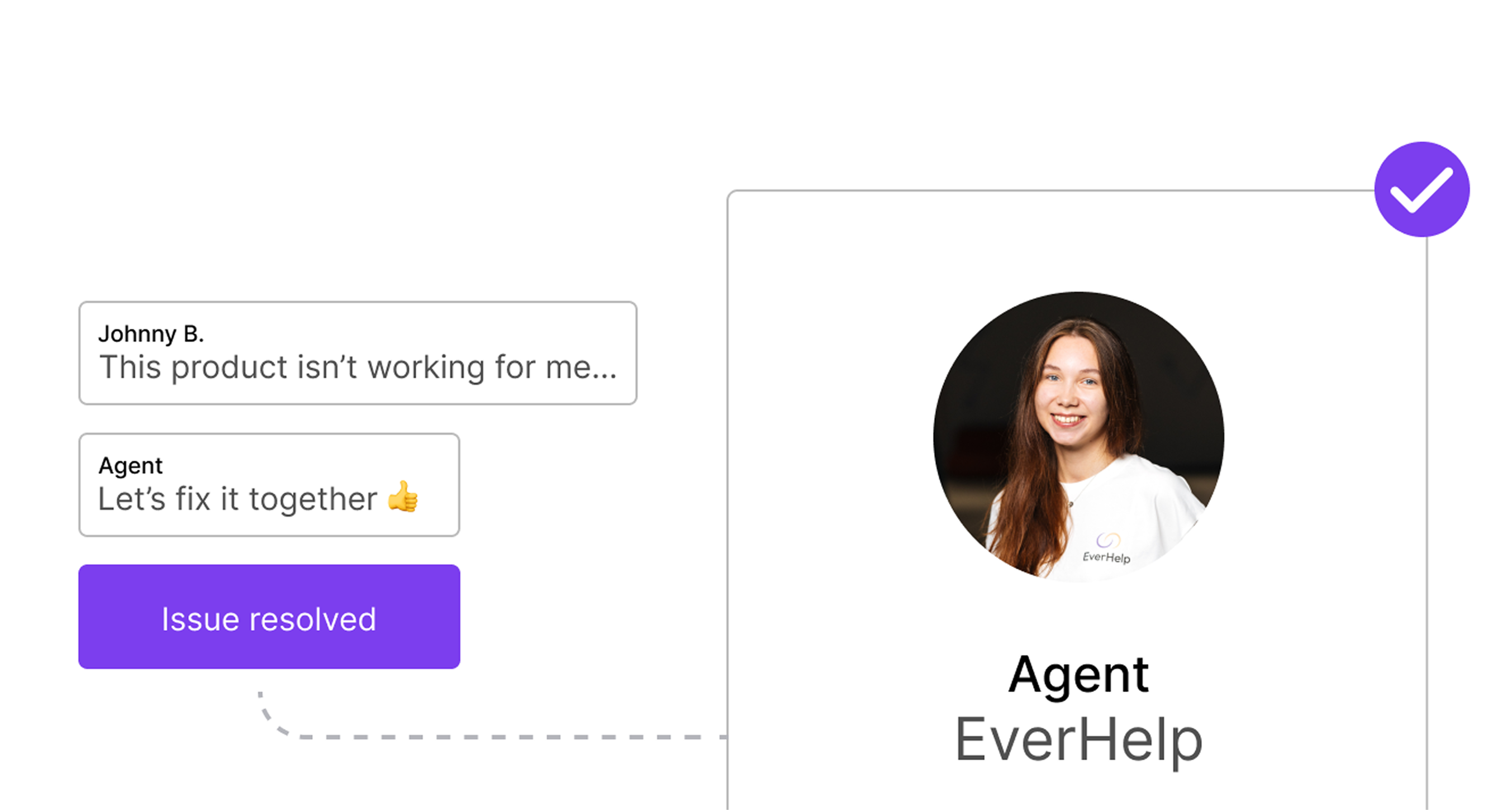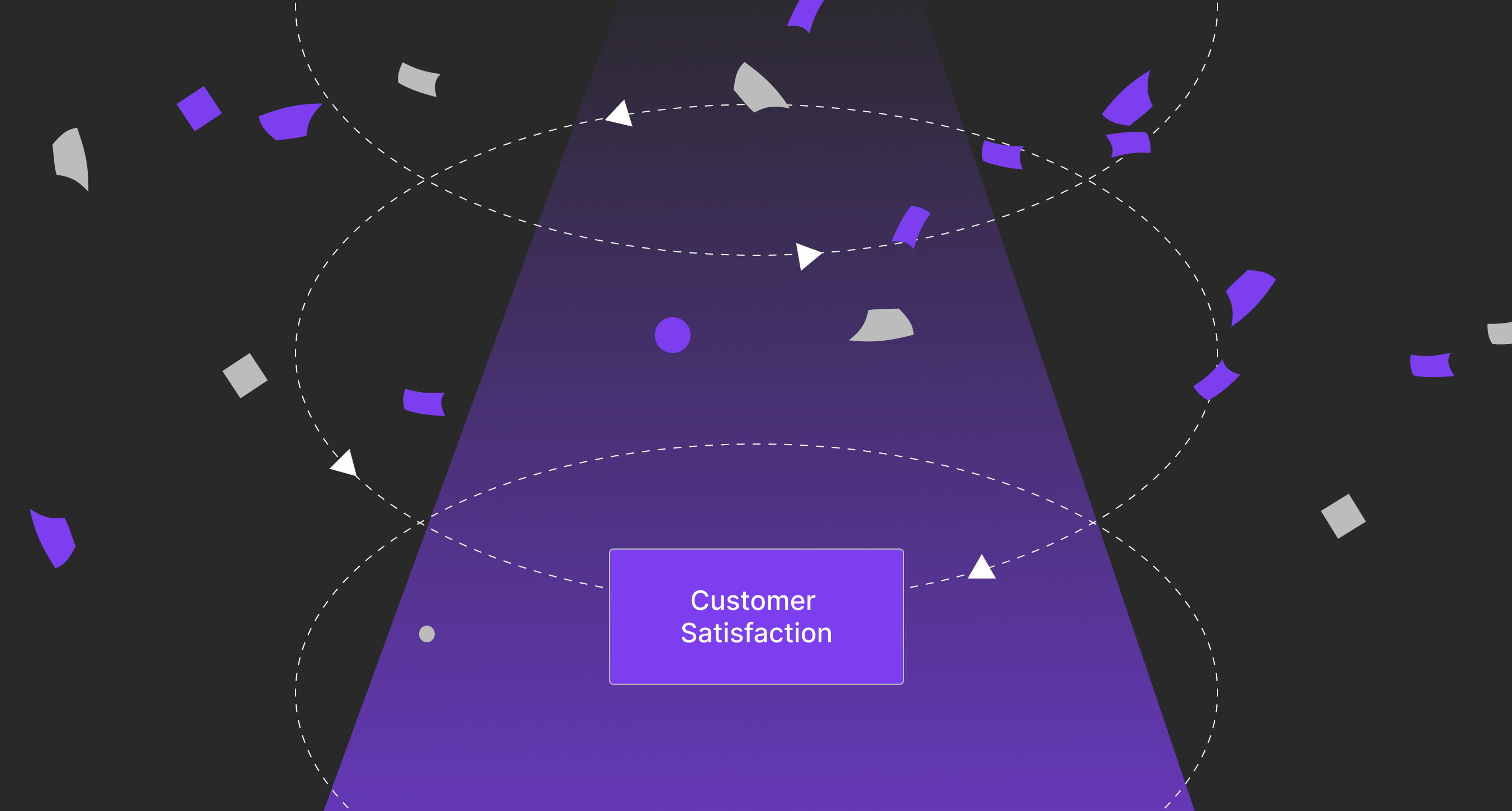Check These 8 Real-Life Negative Review Response Examples

This may sound quite controversial, but negative reviews can empower your reputation as a brand. If you know how to respond strategically, for sure.
Since over 99.9% of customers read reviews before making any decision, and ❗️96% of customers specifically look for negative reviews, imagine how much money a business wastes without managing reputation in the right way.
To prove this statement in practice, we’ve gathered 9 real-life negative review repsonse examples, along with key strategies highlighted. Hope this article will help you take every bad review and spin it into something positive.
Why online reputation management is important (even paramount!)
The answer is simple: to make more money. Let’s be honest—the goal of every business is to get more sales. And customer complaint management plays a direct role in that.
To understand the benefits of online reputation management, just put yourself in the customers’ shoes.
If you see a negative review while considering a new product, you probably want to hear the seller’s side of the story. Otherwise, it would seem that the seller doesn’t care about buyer concerns at all (and that the customer complaint is justified).
Customer-centricity continues to rule in the market, and companies that put clients first are 60% more profitable compared to companies that are not focused on the customer. If you state on your landing page that you’re a customer-centric business and then ignore negative reviews, you are in trouble.
Also, 4 most-important actions in the eyes of consumers are issuing refunds, offering replacements, admitting the mistake, and giving an apology. That’s why every negative review response should follow immediate action.
The best negative review responses examples with a brief analysis
Let’s move directly to the point.
Example #1: “Yes, we've made mistake.”

Analysis: This response directly takes responsibility, with the sincere confession, “We made a mistake.”. Customers are more likely to trust a brand that apologizes for mistakes, and average consumers will accept three mistakes from a brand before losing trust (if the brand is honest and takes responsibility).
The three most-important actions in the eyes of consumers are providing refunds, offering replacements / exchanges, and admitting the mistake and apologizing.
Example #2: Empathy in customer service ALWAYS first

Analysis: This response starts with a name (which is so important!) and validates the customer's perception, opening a dialog. Everyone wants to feel understood. That’s why starting with validating the feelings is always a great idea.
96% of consumers view empathy in customer service as a crucial component of customer support interactions. Also, the Korean study proves that empathy is directly linked to much higher customer satisfaction and better compliance.
Example #3: Customer is always right (classy)

Analysis: Never try to put the customer wrong. We all love to hear, “You are right.”. This approach to reviews is key to improving first contact resolution, and it gives the customer the feeling that you prioritize their satisfaction and experience (yes, even if you vividly think they are wrong). For sure, you shouldn’t go the extra mile and offer refunds if, after investigating the issue, you discover it wasn’t your fault. But don’t try to prove the customer is wrong, either.
❗️ The phrase "the customer is always right" is not about customers getting their way no matter what, but about businesses taking responsibility to improve the customer experience. It encourages companies to listen actively to their customers and consider their feedback as opportunities for improvement.
Example #4: Only objective claims (no drama)

Analysis: The rule “Never (ever!) take anything personally” replies to reviews as well. In this example, although the review seemed unjustified, the Mildred's Team did not get defensive. Instead, they included two objective statements: 1) customer poor experience 2) their high level of hospitality.
Remember: When you get defensive, it looks like you did something wrong indeed. Do not do that. Every time you want to take it personally, think of yourself as a judge, and your business and client are two sides in the court.
{{cta}}
Example #5: Reassuring you’ll take care (and really do!)

Analysis: Most customers want actions, not just “we’re so sorry.” However, overpromising without follow-up can erode trust. Be specific about the actions taken and follow up diligently to maintain credibility. Ensuring that actions match promises can significantly enhance customer trust and loyalty, making it essential for businesses to follow through on their commitments to resolve customer issues effectively.
Example #6: Showing gratitude and appreciation

Analysis: This reiterates the importance of owning up to errors, addressing confirmation bias, and building trust. Focus on specific solutions and improvements implemented to prevent future recurrences and avoid repetitive apologies. Customers value genuine, action-oriented responses that resolve their issues over repeated apologies that may come across as insincere or lacking in commitment to resolving the problem.
Example #7: Giving detailed instructions

Analysis: This empowers the customer with knowledge to avoid future negative experiences. However, overly complex instructions can be overwhelming. Ensure clarity, conciseness, and consider offering alternative solutions if applicable.
Example #8: Message from the owner

Analysis: The lack of personal touch is one of the most important 2024 customer service challenges. The company owner's personal involvement in responding to negative feedback can significantly impact customer perception, brand loyalty, and business growth. It shows a high level of care and commitment to customer satisfaction, which is crucial in today's competitive market.
However, overuse of this technique in customer complaint management can lose its impact. Consider reserving owner messages for exceptional cases or when warranted by the severity of the review.
Bottom Line: More Empathy, Less Cliché in Customer Complaints Management
Remember, the key is to be empathetic, objective, and action-oriented. Real-life examples show that by recognizing the psychological factors at play and responding with genuine empathy, businesses can turn negative reviews and customer feedback into opportunities for growth, an improved online reputation, and stronger relationships with their customers. You can check out our insightful article on non-intuitive customer support tips for more insightful data.
❗️If you do not have many resources (either time or money) to enhance customer service, outsourcing to a specialized service like EverHelp can be a strategic move. With customer service outsourcing benefits, businesses can ensure that their customer service is handled by professionals trained to listen, understand, and effectively address customer needs and concerns, embodying the principle of empathy in every interaction. Book a call to see what we can do to improve your customer service :)








-min%20(1).png)
.webp)

.webp)























